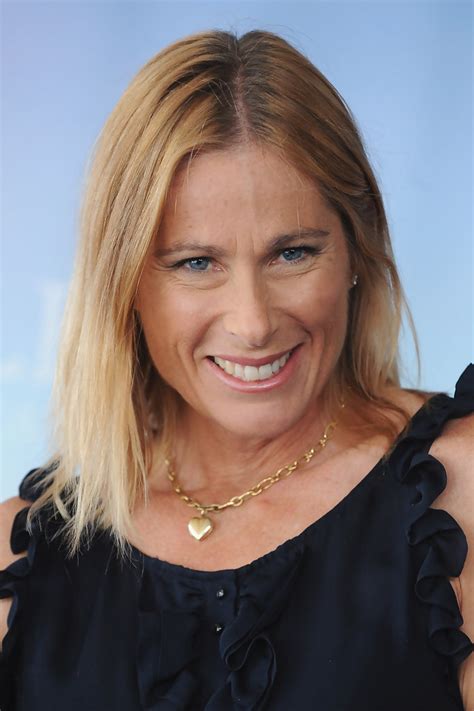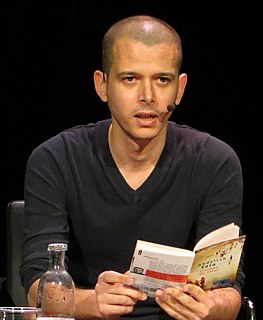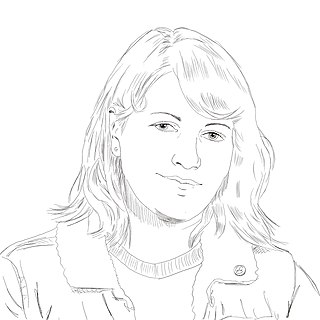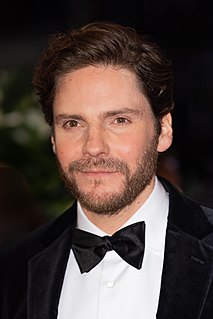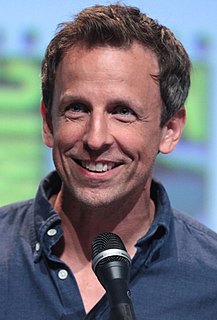A Quote by Agnes Varda
When I started I did not know I wanted to be a filmmaker. I started - I made a film. Then when I finished I said, Oh my god it's so beautiful - I should be a filmmaker!
Related Quotes
I started to write because of my dream to become a filmmaker. I got to know about a film school in Paris and it was my goal to get there. To do that I knew I had to learn French. In order to practice I started to write journals in French. The effort I made to master what I regarded a bad thing - a language owned by the rich Moroccans - brought me the ability to write.
With filmmaking, I for so long was like, oh, I need permission to go out and be a director and be a filmmaker. And I read Robert Rodriguez's 'Rebel Without a Crew.' He just went out and did it, man. In his book, he even says just put your name on a business card and say you're a filmmaker. Congratulations, you're a filmmaker.
Anybody that makes films knows the film is never finished. It's abandoned or it's ripped out of your hands, and it's thrown into the marketplace, never finished. It's a very rare experience where you find a filmmaker who says, "That's exactly what I wanted. I got everything I needed. I made it just perfect. I'm going to put it out there."
I try not to think of myself as a woman filmmaker. I don't look for women influences. I have noticed in the past few years that there is a certain ceiling that a woman filmmaker can reach. I don't believe that it's sexism per se, but there are certain expectations in the industry about what films should be, how they should be made, what stories they should tell, and it's a habit, it's a tradition.

